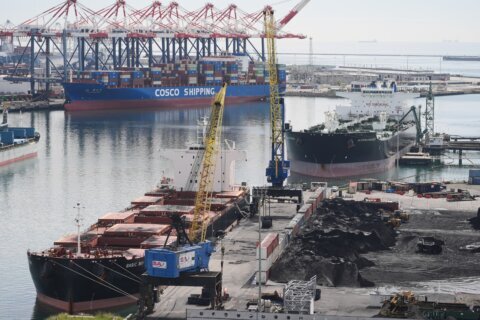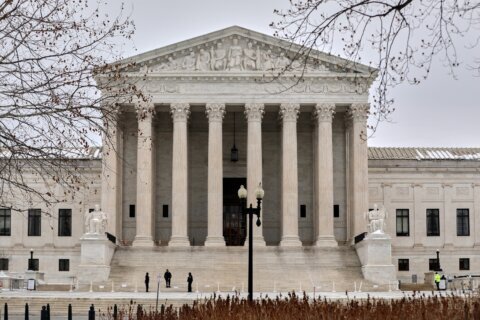The COVID-19 pandemic has negatively impacted the D.C.’s region’s rental housing market, with apartment vacancies rising and landlords lowering rent to fill up empty units.
Real estate research firm Delta Associates reports the stabilized vacancy rate for all classes of apartments is currently 4.5%, up from 3% a year ago.
Rental units are divided into classes. Class A rentals are generally the highest quality buildings with the most amenities, in the desirable locations, with the highest rents. Class B includes generally older, less expensive buildings that have fewer amenities.
More expensive and newer buildings have been more negatively impacted, with a Class A vacancy rate of 5.5%, up 1.2% from a year ago, according to Delta Associates.
Across the metro area, Class A rents are down 7.0% from a year ago, the steepest year-over-year decline recorded by Delta. For Class A and Class B apartment units combined, metro area rents are down 5.5%.
“The unprecedented nature of the pandemic and the resulting prolonged economic slowdown in its wake has impacted the apartment market more than initially expected,” the firm said.
There are exceptions in the Washington region. Delta reports as tenants flee to less dense areas, the outer suburbs have benefited, with suburban Maryland currently the strongest apartment rental market. Vacancies there remain stable and rents are generally rising.
“Suburban Maryland’s success probably stems from its relatively lower cost of living, and lack of new supply as heightened unemployment and salary cuts make tenants more cost-conscience,” Delta said.
In Charles County, Maryland, average apartment rents are up 8.6% from a year ago.
In Northern Virginia, Delta’s data shows high-rise apartment building rents are down 10.9% from a year ago. Rents at older, low-rise buildings are down 3%. In the Rosslyn-Ballston corridor, average apartment rents are down 13% from a year ago.
In the District, average high-rise rent is down 10.7%. In Upper Northwest D.C., rents are down 3.2%, but in downtown, rents are down 12.7%.
A separate report by apartment rental site Apartment List said average rents in Frederick, Maryland, are up 4.7% from a year ago and up 3.1% in Germantown. Farther out Northern Virginia locations have higher average rents than a year ago, up 3.9% in Leesburg and up 0.3% in Ashburn.
Higher vacancy rates currently may be a problem for developers in the D.C. region.
Delta reports the pipeline of likely deliveries of newly-built apartment units in the D.C. region over the next 36 months stands at 41,642 new units, 2,900 more than at this time last year. It is the 10th year in a row the development pipeline has been above 30,000 units.
Switching plans for units under construction from rental to condominiums may reduce the development pipeline. Delta reports only 4.1% of the 28,951 units currently under construction but not yet leasing metro-wide are of a scale suitable for condo conversion before delivery.








